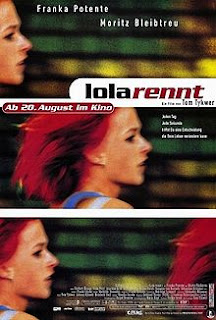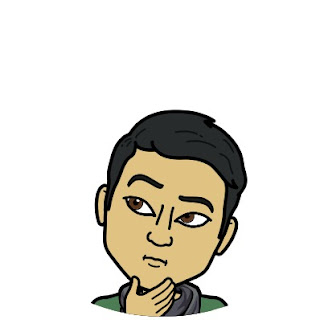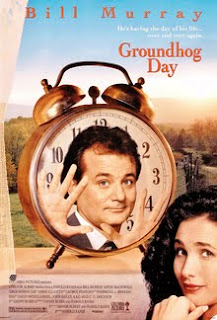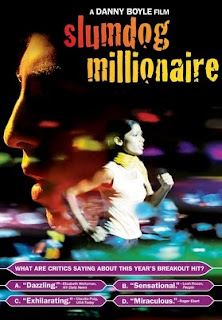Welcome: The Great Filmosophers 2.0

Dear Guest, We welcome you to join in on this wondrous blog and explore with us the realm of ancient Philosophical truths through KANT emoporary films and media. In this edition, The Great Filmosophers 2.0, we will be exploring and asking the question, “Are we Free in this World?” This question pertains the great ordeal known as Free Will vs Determinism, which has been a debate that’s been debated for over centuries. Yet there are many people today who still are unsure what to believe. What are Free Will and Determinism you might ask? Great Question! Let’s define and see what these two phenomena are. The idea behind free will states that we, as humans beings, have the freedom and leeway to act the way we choose and desire to. Our actions and consequences are based on our own rationales and decisions we make, making us responsible. On the other hand, determinism is the idea that our actions are predestined to occur based on past events, (similar to the universal princip







